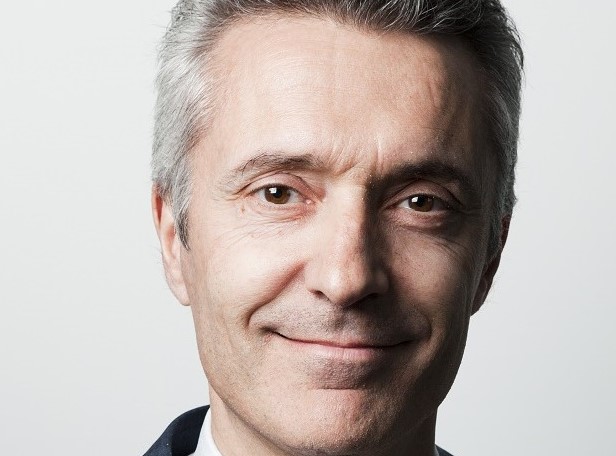- Daily & Weekly newsletters
- Buy & download The Bulletin
- Comment on our articles
Expats: What you need to know before you start investing
It’s no secret that interest rates are low. And in the current context, investments can provide a solution for achieving potentially higher returns. But how does it work for expats? Should you invest in your home country or in the country you live in? Where are you liable to pay taxes? Dave Deruytter, Head of Expats at ING, discusses the ins and outs of tax-compliant investments for expats.
“Expats rarely arrive in Belgium carrying their savings and investments in their suitcases,” says Dave. “Expats leave their savings and investments in their home country or offshore, at least at first. However, their salary is paid in Belgium. And those who can save end up, slowly but surely, with a significant amount of money in a savings or current account. Sadly, the latter yields next to no interest whatsoever.”

If you already have a bank account and some investments in your home country, why not simply invest your money there?
“In many cases, expats in Belgium are liable to pay tax here. I remember one expat in Belgium who was liable to pay tax as a Belgian resident but decided to keep all his financial investments in his home country. He was not aware that he should have declared those financial investments on his tax return in Belgium, or that he should have been paying Belgian withholding tax on some of the interest and dividends he received as well as stock exchange taxes on his financial investment transactions.
When the Belgian fiscal authorities contacted him, based on information they received from his home country via the automatic exchange of financial information (CRS for OECD countries or FATCA for the US), he had a lot of explaining to do. He also had to make changes to his portfolio and pay a number of fines.”
How did this situation occur?
“Financial advisors in your home country (or offshore) work remotely. They often don’t understand the tax system for expats in Belgium or its implications. They still manage your money, but not necessarily in a way that is tax compliant.”

How can a local bank help expats who wish to invest?
“For expats who already have a relationship with a Belgian bank, the bank can inform you about how the Belgian tax system applies to your financial products and your income. Furthermore, your Belgian bank can deduct the Belgian tax on stock exchange transactions (TOB) and the Belgian withholding tax where required and transfer the amount of those taxes directly to the Belgian Tax Authorities. This relieves you of the burden of having to declare these Belgian taxes yourself, which can be quite complex,” continues Dave (pictured above).
Besides tax, how can Belgian banks help expats who want to invest?
“All investments involve an element of risk. That is why local Belgian banks will determine your investor profile first. An investment profile is a kind of financial passport, based on your financial circumstances, your knowledge and experience of investments, your investment horizon, the amount of risk you are willing to take, your tolerance for loss, how much you understand the potential for market fluctuations and so on. The bank will then be able to offer you financial products that suit your profile and your time horizon.”
Need help in managing your investments?
Contact ING and its bankers will work with you to find the most appropriate solutions in light of your family circumstances, your needs and goals.
Discover the solutions ING offers.

















